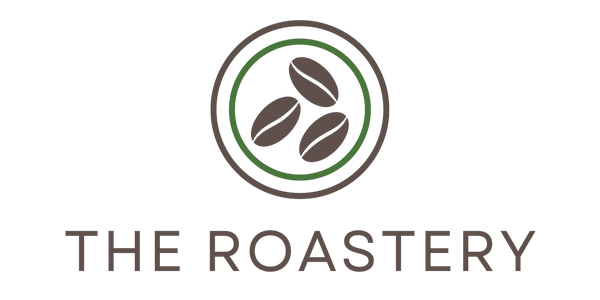The Roastery
Bali Kintamani
Bali Kintamani
Couldn't load pickup availability
PROCESS: Natural
VARIETY: S795, Kartika
ELEVATION: 1,200 meters
ROAST: Light-Medium
BODY: Light to Average
NOTES: Dried cranberry with mild amaretto, spices, and cocoa flavors. Winey acidity and mellow syrupy sweetness.
Coffee arrived in Bali in the late 1600s, grown commercially on a small scale. Other provinces, such as Java, Sumatra, and Sulawesi, were far more productive. By the 1800s, Indonesia exploded, becoming the world's fourth-largest coffee producer. Around 1876, though, a devastating wave of coffee rust destroyed nearly all of Bali's coffee farms. It wasn't until Timor, an introgressed hybrid, was introduced to Indonesia in the early 1900s that production recovered.
The predominant area of coffee production in Bali is the highland region of Kintamani, flanked by the Batukaru and Agung volcanoes. These producers have practiced organic farming for over a century.
Bali's economy is 60-80% tourism-related, but agriculture is the island's biggest employer. Coffee production increased recently, from 88 tons in 2020 to 155 tons last year, with a 6 USD per kilo sales rate. The Karana community represents a collective effort by 377 smallholder farmers in the Kintamani region of Bali, Indonesia. The farms, situated at an average elevation of 1,200 meters, span a total planted area of 477 hectares, cultivating S795 and Kartika coffee varieties.
Sustainability lies at the heart of Karana's approach to agriculture. The contributing farmers utilize composting, avoid chemical sprays, and plant suitable overstory trees to promote ecological balance. A new cooperative dry mill, funded by private donations, will further support the farmers by providing accessible and efficient processing facilities during and after the harvest.
The Karana community's vision is to establish itself as a trusted supplier of green coffee beans for both domestic and international markets. By integrating cultural traditions, sustainable practices, and community-driven innovation, the Karana group lot offers a vibrant representation of the Kintamani region's coffee heritage.
-
S795
- S795 (also known as Jember in some regions) is one of the most prominent Arabica coffee varieties grown in Indonesia. Developed in India, it was introduced to Indonesia in the 1970s. It combines traits from S288 (Kent) and Arabica-Typica hybrids, with a small genetic contribution from liberica. This hybridization was designed to enhance its resistance to coffee leaf rust, a major disease affecting coffee plants, while preserving high-quality flavor characteristics.
- The S795 variety thrives in Bali's volcanic soil and high-altitude regions, producing beans with a distinctive flavor profile. Its adaptability and resilience have contributed to its widespread cultivation across Southeast Asia.
-
Kartika
- Kartika was first grown in Indonesia by the Portuguese Centro de Investigacao das Ferrugens do Cafeirro in 1987. It gained popularity due to its exceptional flavor profile, but producers have noted that it is particularly susceptible to coffee leaf rust and other pests.
- This susceptibility and the fertilizers required have made this variety less popular in recent times, although many producers swear by its production and overall cup quality.
- Kartika is noted for its particularly small cherries on the trees and is believed to be a natural mutation of Catuai in the region.
Share
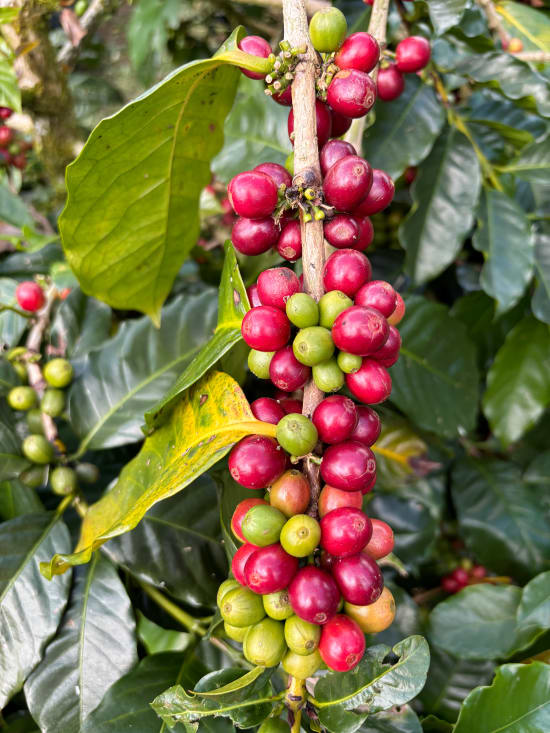
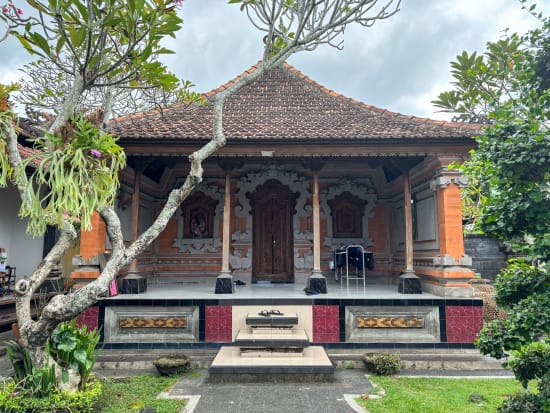
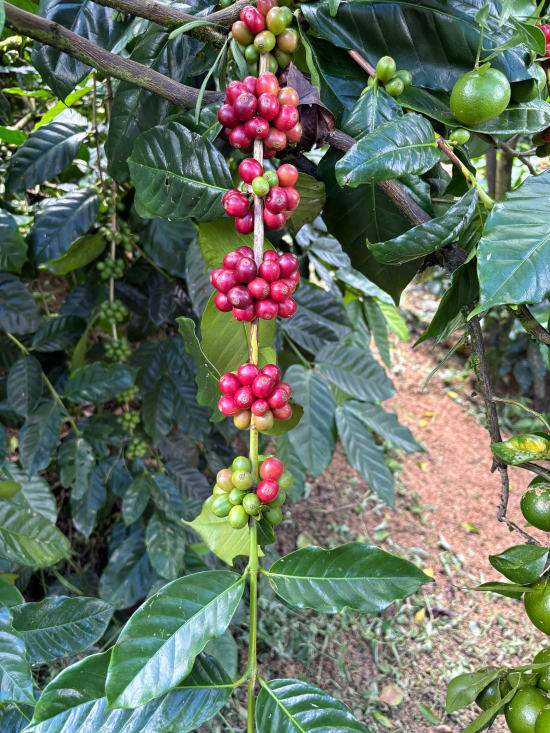
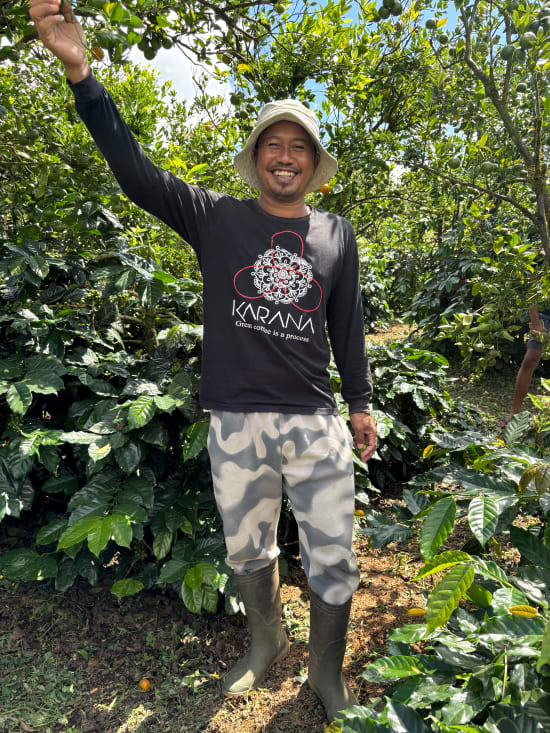
iNFORMATION rEGARDING oRDERS
Collapsible content
Roasting Schedule
We roast Tuesdays and Wednesdays
Orders ship on Thursdays and Fridays
Pickup orders will be notified when their roast is ready for pickup.
Wholesale Pricing
Wholesale pricing is available for most products
Use our contact form to request a wholesale account, or login to the wholesale portal with your credentials.
